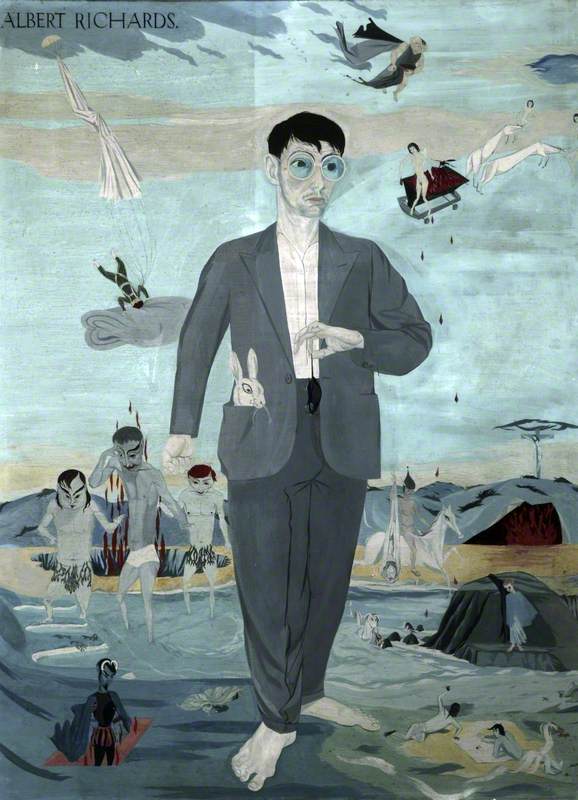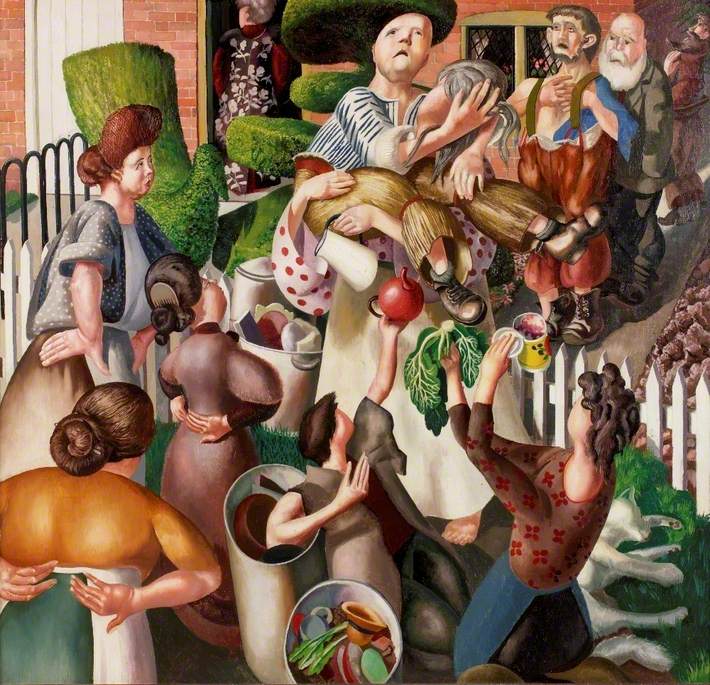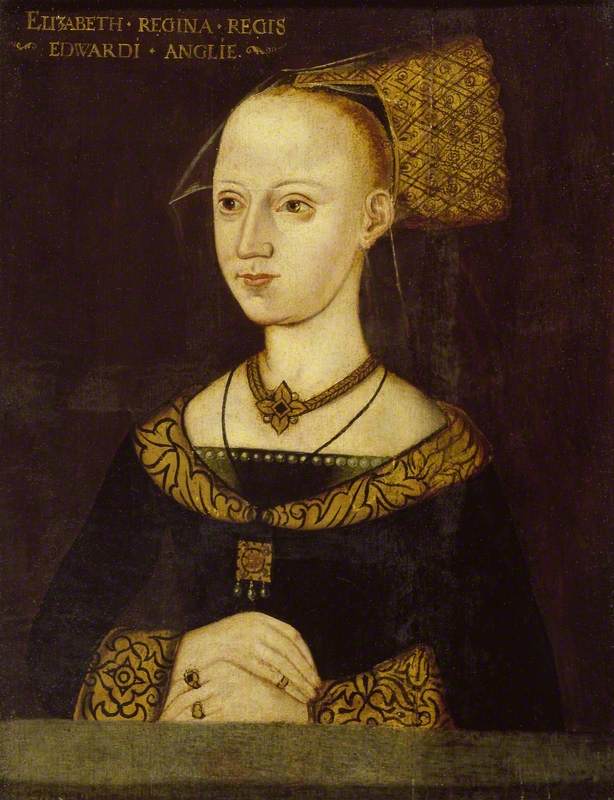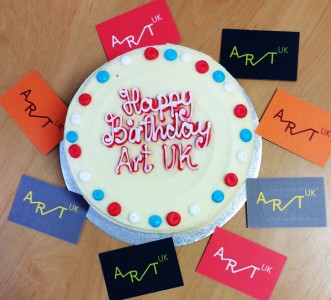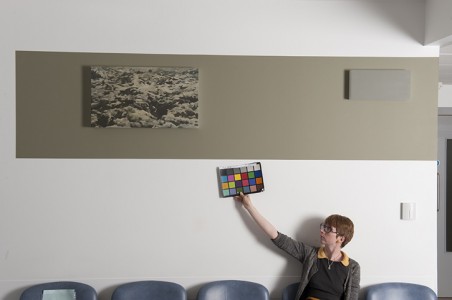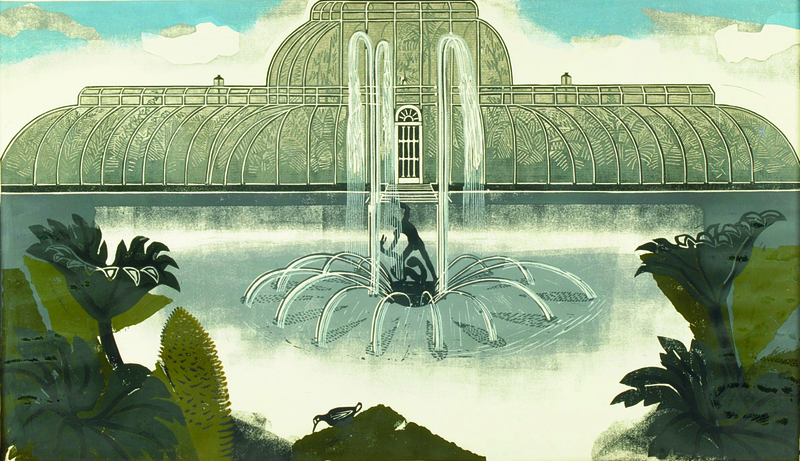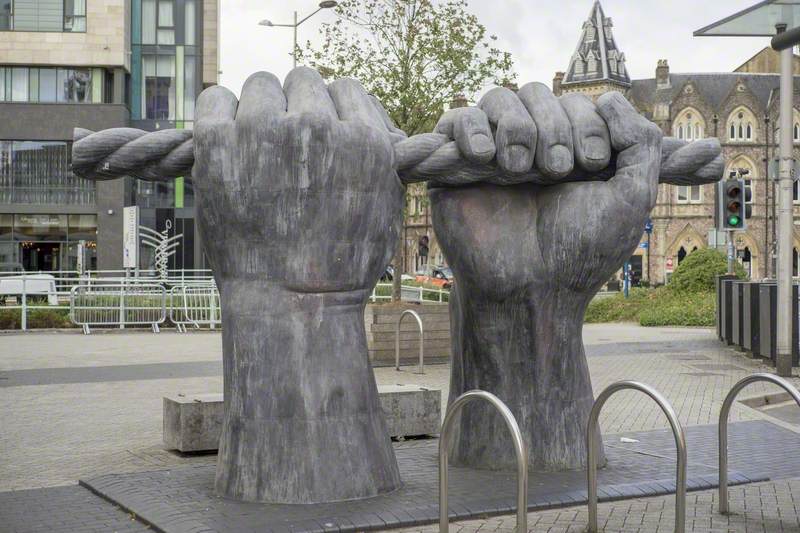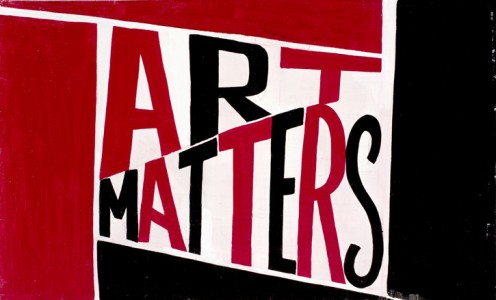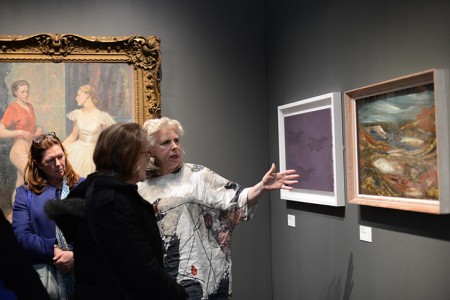Tomorrow our small organisation takes two gigantic steps. First, we will start running the successor website to Your Paintings, which is being retired. Secondly, we will say goodbye to the name 'Public Catalogue Foundation'. The name of the new website and of our organisation will be the same: Art UK. Welcome to Art UK.
I have been Director of the Public Catalogue Foundation since our launch at the National Gallery in 2003. Time has not lessened the 'imposter syndrome' that I have often felt, given that when I started I had no background in museums and no art history training. However, one thing I do know is that what we are about to launch is a major contribution to democratising access to the nation's art collection.
As I see it, there have been three phases in the development of this charity. First there were the catalogues, then Your Paintings, where the oil painting record that we created was hosted so successfully by the BBC, and now Art UK. Let me explain this third phase.
I hope you will agree that Your Paintings has been a success since its launch in 2011. Certainly 300,000 unique users each month would suggest that. For all of us it has been a wonderful partnership with the BBC. We have loved working with them and have learned masses. We are therefore pleased that this partnership will continue in a new guise with Art UK.
However, when we started discussing with the BBC the future of Your Paintings in late 2013, it became clear that a new, different kind of platform was needed, if we were to truly build on the success of Your Paintings. We needed one that could grow to show artworks in other media, such as sculpture, and be better integrated with our crowdsourcing projects such as Tagger and Art Detective, one where the participating collections could upload and update content more easily and control their image licensing, one where we could show content written by a wide range of authors, and one where we could list events and exhibitions hosted by participating collections.
Most importantly, this digital platform, which would be shared by over 3,000 participating collections, needed to be sustainable. To be sustainable it needed to be able to show funders' and supporters' names, sell commercial merchandise and seek online donations.
All of these requirements pointed to a platform being built off bbc.co.uk. And so the idea of Art UK was born.
The plan was for Art UK to be operated by the Public Catalogue Foundation (PCF) on behalf of public art collections but still very much in partnership with the BBC, as the lead media partner. To support its sustainability participating collections would be asked to become Partner Collections, paying an annual fee in return for being able to pursue commercial activities and show their exhibitions on the platform. In parallel the PCF would seek philanthropic support for the initiative from companies and individuals.
The concept was turned into a project. The project then became a grant application, which was successfully submitted to Arts Council England. This gave us the majority of the funding needed to build Art UK. The remaining funding was provided by the Scottish Government and a private grant-giving trust.
The most popular painting on Your Paintings
Guided by a large Steering Panel of experts inside and outside the museum sector, the PCF started building Art UK in April 2015. The contract to build the public interface went to Keepthinking after a competitive tender. We think they build the most beautiful museum websites and are proud to have had them as our lead agency, alongside Internova, Knowledge Integration and Numiko. EveryCity is hosting the site. Pentagram, almost on a pro bono basis, was responsible for the Art UK logo design and brand guidelines.
Freshfields Bruckhaus Deringer has provided Art UK with legal guidance on matters relating to trademark protection and image copyright, all on a pro bono basis.
In the summer we will be expanding the project to include already digitised watercolours, drawings and prints uploaded by collections through a specially developed Art UK Collection Portal. This Portal will allow collections to update their records more easily. Also in the summer, we will launch the Art UK Shop, a commercial platform for Art UK Partner collections to sell collection merchandise.
There are under a dozen full-time equivalent staff at Art UK. So as you can imagine, overseeing the building of this website has become a major part of the lives of many of the team, and indeed, my family life. Certainly, do not engage my wife on this topic. In particular, I would like to pay tribute to a few of the team who have played an especially important role: Alice Payne, Adrian Cooper (of Intelligent Heritage), Jade King, Aidan McNeill and Camilla Stewart. As with all my colleagues they are committed and delightful people. Among our brilliant Trustees two in particular have been very engaged with Art UK: Alex Morrison and George Entwistle. I would also like to thank our Steering Panel who gave so much of their time freely.
Some Later Primitives and Madame Tisceron
1912
John Currie (1883–1914) 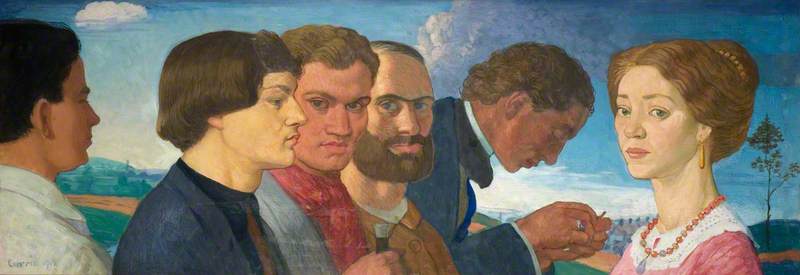
Finally, none of this would have been possible without the support of our funders. Arts Council England has a strong understanding of the benefits of digital projects like this and has been an excellent supporter. We are particularly grateful to our individual and corporate Founder Benefactors who stepped forward to support Art UK ahead of its launch tomorrow. They believed in the vision and played a vital role helping us to realise it. Finally, over 500 Partner Collections have become stakeholders in the project and pay an annual subscription that is vital to help us ensure this initiative endures. Thank you to all of these people and institutions.
Tomorrow is the beginning of a new era for us. In many ways this is a very liberating experience. But we are also aware of the responsibility we owe to you, our participating collections, our funders and our audiences. What you are about to explore will grow and change over time to reflect your needs. For now, all of us here hope you enjoy your first encounter with Art UK.
Andrew Ellis, Director, Art UK
